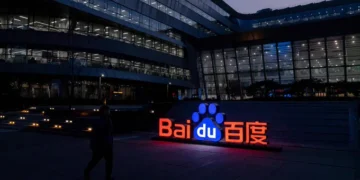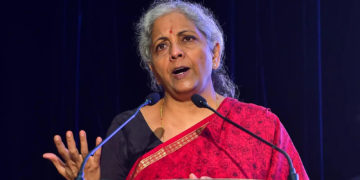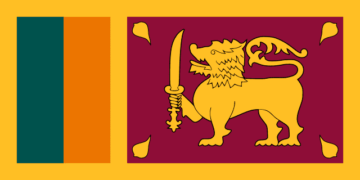NICOSIA (CYPRUS) – Ahead of the Cypriot reunification talks to be organised by the UN, British Foreign Secretary Dominic Raab called for flexibility and compromise to heal the decades-old division of Cyprus, a dispute harming ties between Turkey and Greece and energy projects in the eastern Mediterranean.
Raab represents one of three guarantor countries under a convoluted treaty which granted Cyprus independence in 1960. He and the foreign ministers of Greece and Turkey are expected to attend a three-day summit the United Nations will call in early March.
“Failure to reach a settlement after so many efforts will benefit no-one, so I urge all sides to come to the talks with a willingness to demonstrate flexibility and compromise,” Raab said after meeting Cypriot counterpart Nikos Christodoulides in Nicosia, Cyprus’s divided capital.
Earlier, Raab met Cypriot President and Greek Cypriot leader Nicos Anastasiades and was scheduled to meet Turkish Cypriot leader Ersin Tatar on the other side of the divided city. Boundaries between the two sides, open between 2003 and 2020, are now sealed because of the coronavirus pandemic.
Greek Prime Minister Kyriakos Mitsotakis was scheduled to visit Cyprus on Feb. 8, and Turkish Foreign Minister Mevlut Cavusoglu travelled to the island earlier this week for talks with the Turkish Cypriot leadership.
Greek and Turkish officials are likely to meet again at the end of February or in early March to revive efforts to resolve the maritime boundary dispute, Mitsotakis said.
Cyprus talks have repeatedly failed over issues such as future co-governance or the demarcation of boundaries between the two sides, now split by a 180 km ceasefire line patrolled by United Nations peacekeepers. Britain, which retains sovereignty over 3% of Cyprus territory, has in the past offered to return up to half as part of any peace deal.
Cyprus, with a combined population of just over 1 million, was split in a Turkish invasion in 1974 triggered by a brief Greek-inspired coup.
The conflict is thrown into sharper focus by Ankara’s attempts to join the EU and Cyprus’s attempts to tap energy resources around the island. By extension, the dispute spills over to separate issues between Greece and Turkey over their own maritime borders.















































